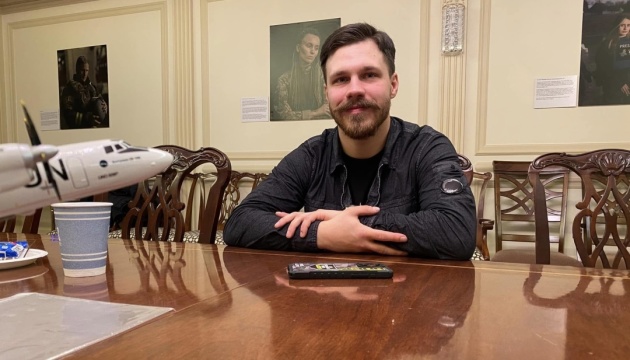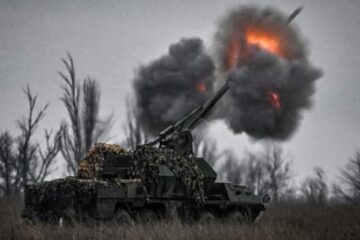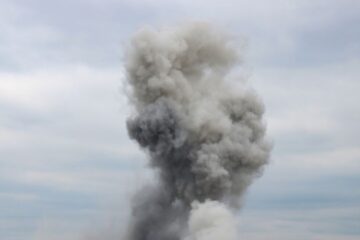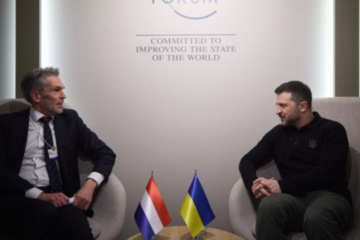
During a UN Security Council meeting attended by Ukrainian citizens freed from Russian captivity, Russia tried to deflect attention from torture allegations by focusing on tattoos of one of the former prisoners.
This was revealed by Valerii Horishnii, a defender of Mariupol from the Azov Brigade, who was freed in September 2024. While speaking to Ukrinform during his trip to New York, where he addressed UN Security Council members, he stated:
“Those scoundrels [Russian representatives] at the Security Council wanted to discuss the images on my body instead of addressing the issue of torture,” Horishnii said.
He recounted telling the council members that the Russian authorities are torturers. “With a smile, I can say that as a teenager, I simply got a skull tattoo on my shoulder in a tattoo salon. It takes a wild imagination to see glorification of Nazism in that,” he added.
Horishnii stressed that hundreds of prisoners from Mariupol face false accusations and defamation. He noted that even Russian courts could not find any evidence of war crimes against him. “I fought honorably, in accordance with the statutes of the Ukrainian Armed Forces,” he emphasized.
Former POW and human rights defender Maksym Butkevych, who also participated in the Security Council meeting, expressed surprise at the crudeness of Russia’s tactics.
“I expected a more sophisticated approach from the Russian delegation. They tried to draw a connection between tattoos, Nazism, and World War II history, apparently to discredit the British (who organized the event), but ended up discrediting themselves,” Butkevych said.
According to him, the Russian delegate even presented printed photos alleging an SS skull tattoo, which clearly showed a different image altogether. “Anyone familiar with Nazi or neo-Nazi symbols would immediately see it’s not what they claim,” he added.
Horishnii explained that his purpose in New York was to appeal to international organizations that had made promises about the treatment of prisoners.
“When we were in the bunkers of Azovstal, these organizations assured us that there would be oversight from the Red Cross and the UN, and we would be treated in accordance with the Geneva Conventions. But no access or oversight ever materialized,” he noted.
He called for international pressure on Russia to ensure access to Ukrainian prisoners and, at the very least, the ability to exchange correspondence with their families.
“We expect a response from international organizations and real leverage on Russia to improve the conditions of Ukrainians in captivity,” Horishnii said, adding that he hopes for the eventual release of all prisoners.
As reported by Ukrinform, Pablo de Greiff, a member of the Independent International Commission of Inquiry on Ukraine, stated that Russia’s use of torture against Ukrainian prisoners is part of a coordinated state policy and constitutes crimes against humanity. This was discussed during an informal UN Security Council meeting under the “Arria formula” to address violations of international humanitarian law by Russia.
Speakers at the event included Valerii Horishnii, Crimean Tatar activist Nariman Dzhelyal, and human rights defender Maksym Butkevych, all of whom shared their experiences of captivity and torture.
Source: Russia at UN Security Council discusses tattoos instead of tortures, says Azov defender



